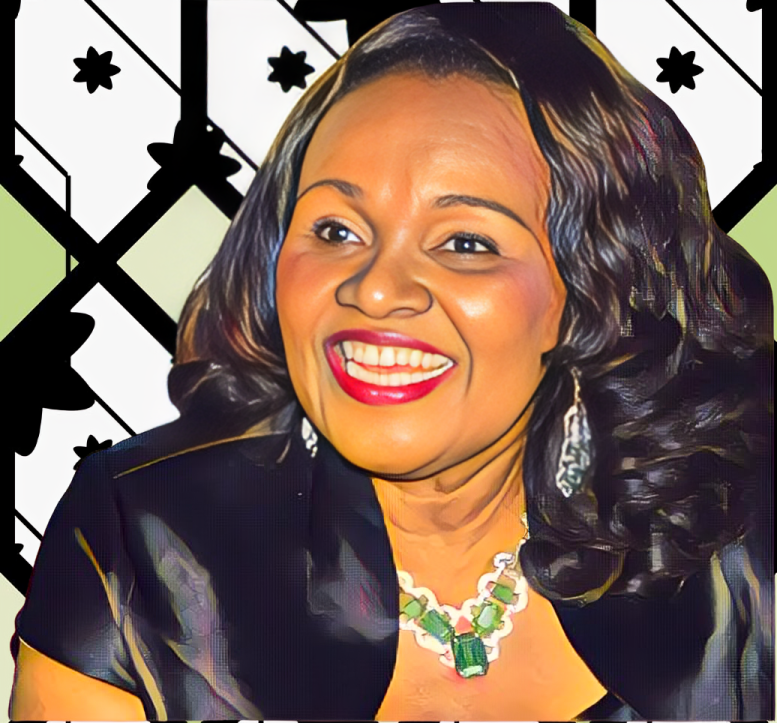Key Points
- Emzor Pharmaceutical is building a $23 million API production facility in Nigeria to cut reliance on imports, set to begin production in late 2025.
- Founder Stella Okoli calls for stronger government backing, stressing that local drug production will ease forex pressure and improve medicine affordability in Nigeria.
- With over 140 products and operations in 25 countries, Emzor strengthens its role in Africa’s pharmaceutical industry through strategic growth and global partnerships.
Emzor Pharmaceutical Industries Limited, a leading indigenous pharmaceutical manufacturer founded by Nigerian businesswoman Stella Okoli, is set to strengthen its position in the industry with a $23 million Active Pharmaceutical Ingredient (API) production facility. The plant, slated to begin local production in the fourth quarter of this year, marks a significant step toward reducing Nigeria’s reliance on imported medicines.
Emzor’s API plant aims for self-sufficiency
During a media tour of Emzor’s state-of-the-art facility in Sagamu, Okoli underscored the project’s importance, emphasizing the urgent need for government support. “Our API plant, scheduled for completion in 2025, is a testament to our commitment to self-sufficiency. But we cannot do this alone. The government must recognize the strategic importance of local pharmaceutical production and provide the necessary support,” she said.
She stressed that the lack of sufficient backing from policymakers was a major challenge, urging them to prioritize the pharmaceutical sector. “Nigeria cannot continue to rely on imports for essential products like pharmaceuticals. Producing locally will ease pressure on the dollar, making drugs more affordable and accessible for Nigerians. We must create an enabling environment for young talents to explore, learn, and contribute to the industry. If we fail to do so, we risk losing our brightest minds to other countries.”
Despite these challenges, Okoli remains optimistic about Nigeria’s potential. “Nigeria is a great place. No matter what happens, we remain a nation of leaders, honest people, and problem solvers. Emzor was built on this foundation, and we will continue to rise,” she affirmed.
Emzor’s legacy in African healthcare
Founded in 1984, Emzor has grown from a small retail pharmacy, which Okoli started in 1977, into one of Nigeria’s most respected pharmaceutical companies. Today, it manufactures over 140 high-quality products, including analgesics, vitamins, anti-malarials, antibiotics, and cardio-protective drugs.
The company’s expansion goes beyond Nigeria, solidifying its reputation as a pan-African manufacturer and distributor of world-class medicines, surgical equipment, and medical supplies. With a distribution network spanning 25 countries and three production facilities, Emzor has established itself as a key player in Africa’s pharmaceutical industry.
Okoli’s Emzor drives pharma growth
Okoli’s success has also placed her among Africa’s wealthiest women, with an estimated fortune exceeding $80 million. Under her leadership, Emzor has attracted international partnerships, including a collaboration with the U.S. government, represented by USAID.
In 2023, USAID partnered with Emzor Food and Beverages Limited, another company owned by Okoli, to establish a state-of-the-art processing facility for medical-grade groundnut paste. This paste is a critical ingredient in ready-to-use therapeutic food (RUTF), which helps treat malnourished children.
This not only provides locally-produced RUTF for Nigerian children but also supports local farmers, creating a more sustainable and accessible solution to malnutrition. With its ongoing expansion and strategic initiatives, Emzor continues to push the boundaries of pharmaceutical manufacturing in Africa, reinforcing Okoli’s vision of a self-sufficient and innovative industry.
Crédito: Link de origem


